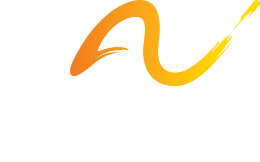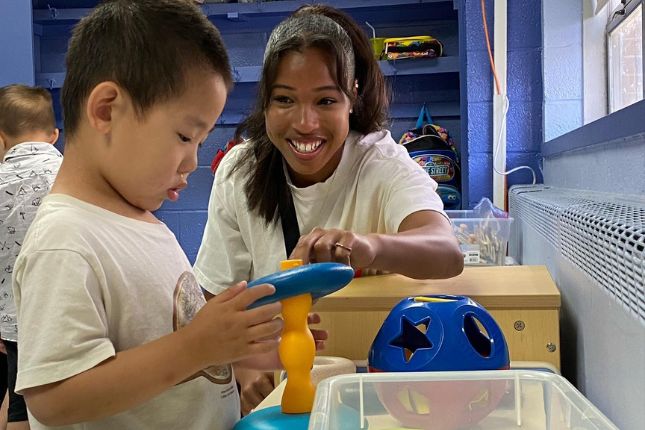Issue:
Preschools and state-approved school-age programs that serve children with developmental disabilities are paid significantly less than it costs to operate them; the state has historically reimbursed these programs at a rate below allowable cost and even less of actual cost.
And Chapters of The Arc New York cannot subsidize preschool programs without endangering other OPWDD-related programs. In addition, due to the teacher compensation gap between special education schools and public schools, we also continue to have extraordinary teacher recruitment and retention challenges. Federal grants provided to states through the American Rescue Plan Act (ARPA) in 2021 assisted education providers impacted by the pandemic, but this one-time infusion of aid did not and will not sustain these programs into the future. As these funds sunset, schools are faced with an untenable financial cliff.
In 2022 the Inter Agency Council of Developmental Disabilities surveyed 4410 and 853 school providers from New York City, Long Island, Westchester and Rockland Counties. Their findings show the perilous state of educational and early-intervention opportunities for children with I/DD and reflect the crisis occurring across the state.
- 1/3 of certified teaching positions remain vacant
- Over 100 SED approved classrooms closed due to staffing shortages
- Total staff loses in one year totaled 1,353
- Certified special Education Teacher – 258
- Certified Teacher Assistants – 576
- One to One Aides – 220
- Speech Therapists – 111
- Occupational Therapists – 87
- Physical Therapists – 39
- Mental Health Professionals (certified social workers and psychologists) 62
- 86% of education providers have used school administrators or non-teaching staff to cover classrooms due to staffing shortages this school year
Special education schools need predictable and consistent growth factors and tuition rate increases along with other fiscal support to bring reimbursement in line with the cost of operations. Research shows that investing in preschool programs has a significant return on investment.
Early intervention and Pre-school services are essential for young children with I/DD and other disabilities. For maximum brain development, it is crucial to receive education, training, and stimulation at the time in their lives when their young developing brains are at the most receptive and at their highest level of growth. As a result going forward in their school program, many children will need limited or no specialized educational services, but those who do will require less because pre-school has given them a timely and intensive start.
Students and children with intellectual and other developmental disabilities must be educated with appropriate supports and services in the least restrictive environment with free and appropriate services, which address their individual needs. However, these educational institutions have historically and inequitably been underfunded, which has caused teachers to be underpaid for their contributions and making it difficult to retain these valuable and critical educators.
Call to Action: Provide Equitable Funding for 4410/853 Schools
We advocate for the following to support and sustain preschool and early intervention opportunities for children with intellectual and developmental disabilities:
- Support a tuition rate/trend factor increase in the FY25 NYS budget to support and sustain pre-school and early intervention programs and close the gap in recruitment and retention of special education teaching staff
- End unnecessary and excessive reconciliation delays for payment through the methodology and rates. Pre-school and School-age programs already suffer from the inability to retain funds, yet they are unable to plan for the future due to bureaucratic barriers
- Reintroduce legislation, S.6516 (Mannion)/A.8013 Benedetto), which would ensure funding parity in tuition and regional rate reimbursement for the provision of free appropriate public education (FAPE) to preschool and school-age students with disabilities on par with public schools
- Reintroduce 2021-22 session legislation 10191 (Benedetto)/S.9132 (Mannion), which passed both houses, but was vetoed by Governor Hochul. The bill ensures that the calculation of the amount authorized to be retained by a school or program is conducted prior to certain applications of the methodology. This is vitally important to ensure that trend factors have a lasting positive impacts for our schools
- Allow the application of trend factors for evaluations and targeted service rates for aides and nurses. Programs, districts, and county representatives are reporting increased numbers of families seeking evaluations for their children and have noted a disturbing trend that many families are being forced to wait months for evaluations due the limited availability of evaluators.
- New York State Education Department (NYSED) must review the teacher certification process and find solutions to streamline the path towards certification. This would help alleviate barriers towards recruitment of qualified educators. The number of exams and certification reciprocity between states, particularly in the Tri-state area (NY, CT, and NJ) would provide a larger pool of potential candidates to draw from to fill vacancies.






